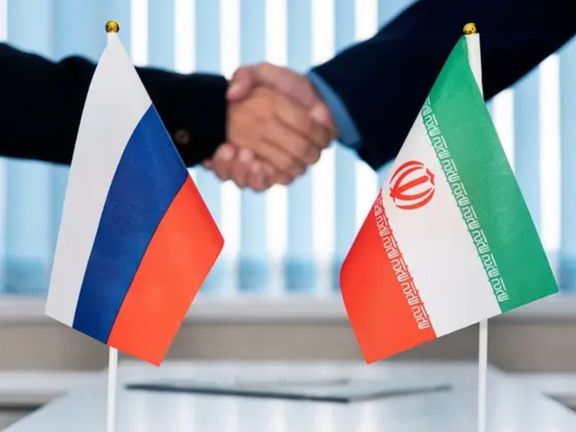Iran Denies Faltering of Iran-Russia Cooperation Agreement

Denying claims of a halt in the recent Iran-Russia cooperation agreement, Ali Bagheri Kani, the acting head of Iran's Ministry of Foreign Affairs, has attempted to dismiss reports.

Denying claims of a halt in the recent Iran-Russia cooperation agreement, Ali Bagheri Kani, the acting head of Iran's Ministry of Foreign Affairs, has attempted to dismiss reports.
Claiming the agreement is merely "under expert review by both sides", his assertion contrasts with statements from Russian officials.
Russian Foreign Minister Sergey Lavrov acknowledged that although the agreement's text has been coordinated, it cannot yet be signed due to pending "procedural legislative actions," further complicating the process.
Tehran and Moscow established a partnership in March 2001 through the signing of a long-term agreement. Originally set to expire after ten years, the treaty has seen two five-year extensions, with the most recent extension in 2021 pushing its expiration to 2026.
In 2023, emerging difficulties threatened the development of a new agreement between Iran and Russia. The challenges stemmed from Iran's objections to a joint statement released after the Russia-Gulf Cooperation Council (GCC) Strategic Dialogue. A particular point of contention for Iranian officials was a statement they interpreted as Moscow aligning with the UAE's stance in a territorial dispute over three islands in the Persian Gulf, which Tehran claims as its own.
The explanations provided by Moscow were deemed inadequate by the Iranian authorities, raising concerns over the solidity of their bilateral relations in spite of Tehran's dependence on Moscow which has been a key partner in the wake of deepening sanctions.